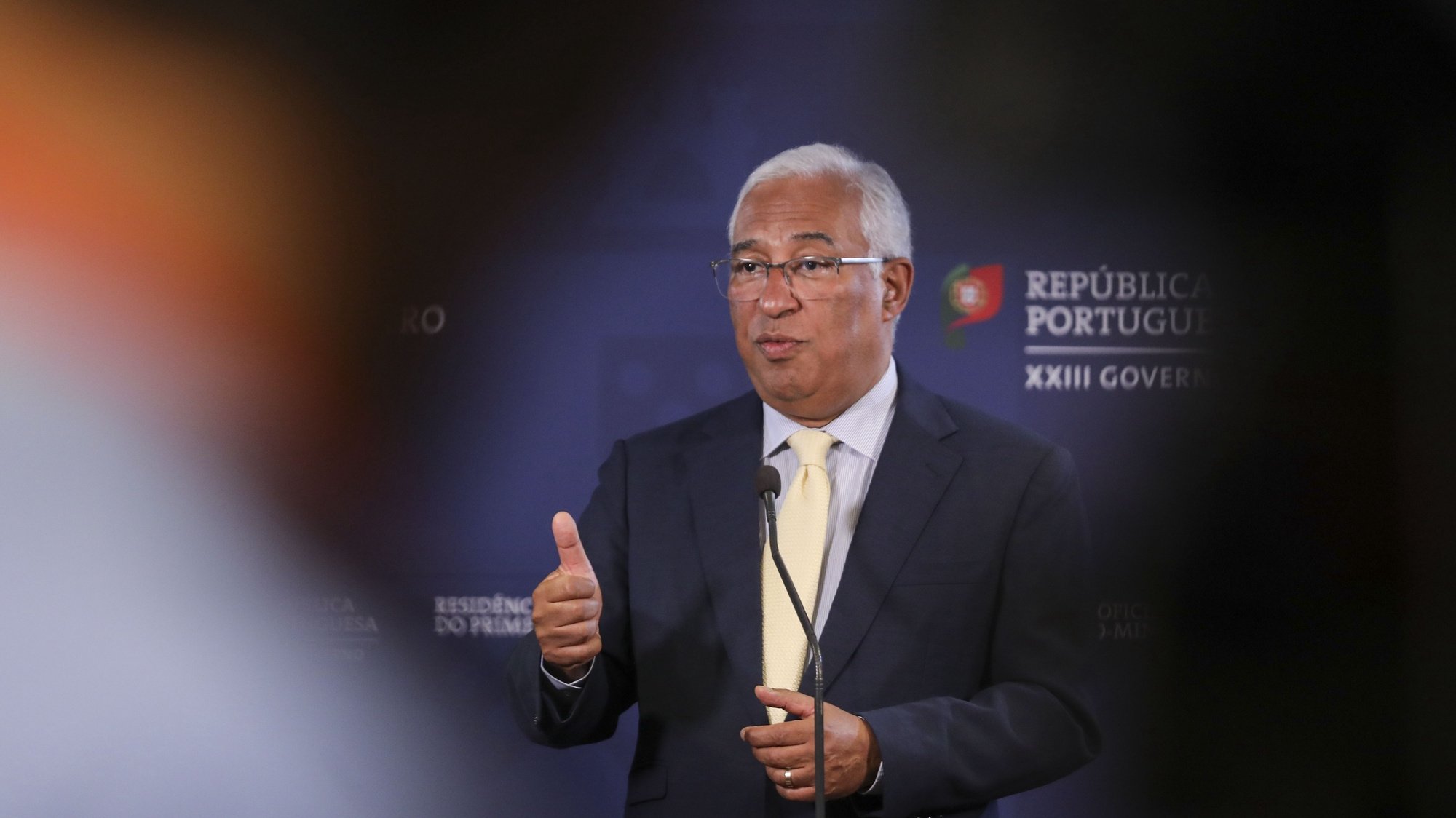António Costa believes that the rules of the Stability and Growth Pact, such as the limit of 3% of GDP in deficit and 60% of GDP in debt, currently suspended due to the crisis, are “flexible enough to adapt to adverse scenarios“. The prime minister considers that the debates on the revision of the limits of these norms “generate divisions and postpone solutions“.
At a conference marking the tenth anniversary of the Public Finance Council (CFP) on Monday, Costa began by arguing that the “proper functioning” of the EU requires a framework of common rules, applied “intelligently.” For the head of government, there is no need to change this path. “The activation of the escape clause during the pandemic crisis and its maintenance in 2023 shows that, in essence, the rules of the Stability and Growth Pact are flexible enough to adapt to adverse scenarios,” he said.
According to Costa, the current rules already show that the Union “is mature enough to use that flexibility when needed“. “I am convinced that it is not necessary to open debates on changes in the quantitative limits that would require modifications to the treaties. These debates generate divisions and postpone solutions at a time when unity and action are particularly important,” he added.
Therefore, within the scope of the current rules, member states must “follow debt reduction paths that are economically, socially and politically sustainable”.
The Prime Minister also defended the existence of a European stabilization instrument “that allows an adequate response to crises”. The SURE instrument, created during the pandemic, supported 31 million workers in 2020, he said. “It was a central moment in the response to crises, mitigating economic and social impacts and avoiding the crystallization of asymmetries.” It is an idea that Costa wants to see replicated in other contexts.
That is why he believes that the current crisis —still “as a result of the pandemic and already in the context of the war”— “demonstrates the need for a permanent instrument“.
In fact, Costa really wants the entire financial framework model to be reconsidered. “I have little doubt that, if we do not rethink now and now the next model of multiannual financial frameworks in this capacity to combine national ownership of objectives, common sharing and mutual trust between Member States, it is most likely that whoever have to negotiate the financial framework from 2027 will face perhaps insurmountable difficulties“.
Source: Observadora
